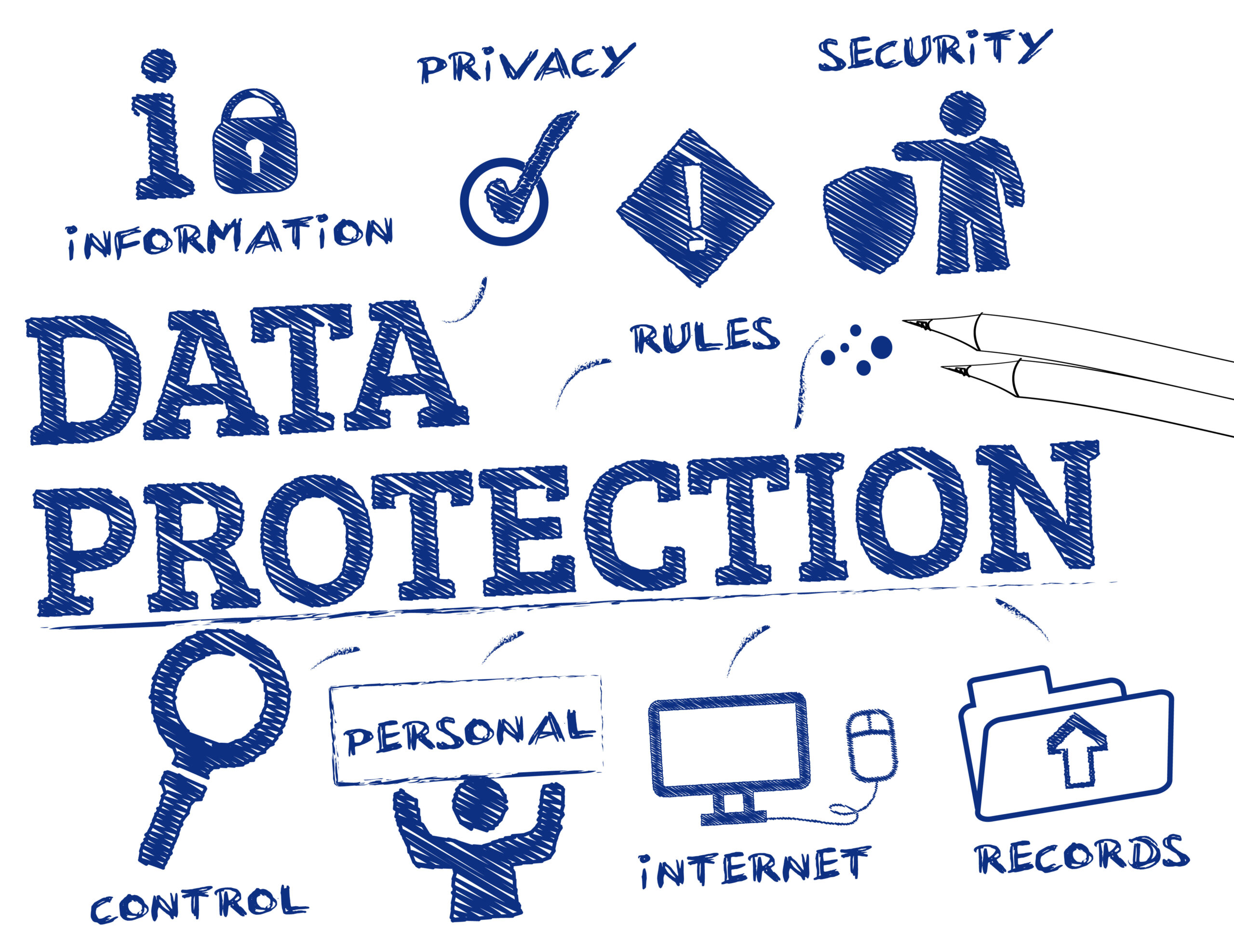Data Breaches and GDPR: What You Need to Know
Data breaches are a nightmare for any organisation, but under GDPR, they can become even more challenging. This post will explain what a data breach is, your obligations under GDPR, and best practices for prevention and response to safeguard your business.
What is a Data Breach?
Under GDPR, a data breach is defined as a security incident leading to the accidental or unlawful destruction, loss, alteration, unauthorised disclosure of, or access to personal data. This can range from a cyber attack to a simple misdirected email containing personal information.
Your Obligations Under GDPR
☑️ 72-Hour Notification: If a significant data breach occurs, you must notify the relevant supervisory authority (in the UK, the Information Commissioner’s Office) within 72 hours of becoming aware of it, unless the breach is unlikely to result in a risk to individuals’ rights and freedoms.
☑️ Inform Affected Individuals: If the breach is likely to result in a high risk to individuals’ rights and freedoms, you must also inform those affected without undue delay.
☑️ Documentation: All breaches, regardless of whether they need to be reported, must be documented internally and investigated. What can you learn about the incident to stop a recurrence?
Best Practices for Prevention and Response
📍Risk Assessment: Regularly assess your data processing activities to identify vulnerabilities and manage those risks.
📍Employee Training: Ensure all staff understand data protection principles and recognise potential breaches, as well as reporting them.
📍Incident Response Plan: Develop and regularly test a clear plan for responding to breaches and other business continuity events.
📍Encryption: Implement strong encryption for sensitive data, particularly when it’s transmitted or stored on portable devices.
📍Access Controls: Limit access to personal data to those who need it for legitimate business purposes only.
📍Third-Party Risk Management: Ensure your data processors also have robust security measures in place and that the contract you bhave with them is clear about how they can use and secure data shared.
The Consequences of Non-Compliance
Failing to comply with GDPR’s breach notification requirements can result in significant fines. But the biggest cost an organisation will bear is the reputational cost and loss of customer trust.
Remember, the key to managing data breaches under GDPR is preparation. By understanding your obligations and implementing strong preventative measures, you can significantly reduce your risk and be ready to respond effectively if a breach does occur. Staff training can also have a significant impact in reducing breaches.
If you want to find out more about our staff training contact us here.

